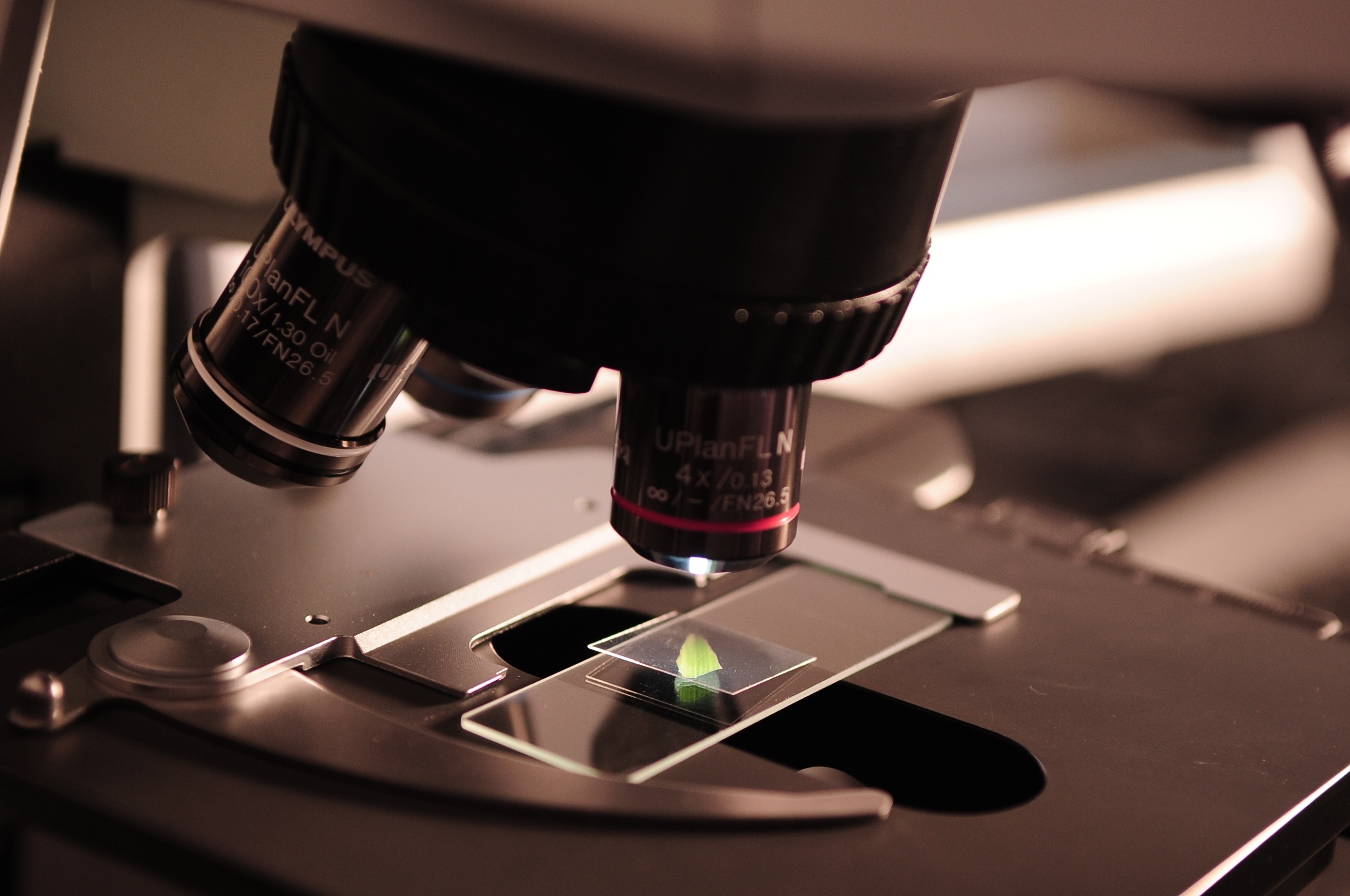Our biased attention means we’ll always feel like we’re living in dark times, and our biased memory means we’ll always feel like the past was brighter.
I mean we just limped through a pandemic, have rising inflation (no wages haven’t keep up for decades), could see a recession/depression soon, kinda need to be worried about fascism again, and have climate change to deal with. I probably forgot about some stuff too.
The past is often tented in our minds either due to limited information of that time or because we were a kid at the time. It is also true that a lot of stuff is better. Still, people have good reason to worry about the current state of the world.
I’d say that objectively, the mid to latter part of the 90s was pretty good. The iron curtain had fallen, there weren’t any major economic disasters, the world wouldn’t go batshit until after 9-11, and the internet wasn’t full of complete arseholes.
Well…a lot of people were dying of AIDS then. And there was a lot of hostility to the gay community. I think it depends on your perspective.
I love history, and spend a lot of time thinking about it, reading about it, talking about it. But there’s really no time I’d like to travel to as a unmarried, not Christian, education-craving female. YMMV.
How much have global temps gone up since then? How much BPA/PFOA/PFAS has been released into the ecosystem since then? How many once-in-a-lifetime economic calamities have we had? How many more school shootings do we have per year now than before?
I think you have to look at the complete picture and not just some key points regarding demographic improvements. LGBT kids get shot in schools too, LGBT people lose their jobs and become homeless too.
There were great improvements in some areas, but we need to be circumspect on the broader declines.
So what are you saying? That the middle of the AIDS crisis was a better time to be a gay man than now because there’s still a chance they may be shot today? LGBT people can still become homeless today, like anyone else, but it was way more prevalent a few decades ago when it was legal to fire them for being LGBT.
It seems to me, most of the improvements were in raising the floor of society (disallowing discrimination based on various factors) which generally go ignored by more privileged people like myself. But the recent declines lowered the ceiling of society in ways that affect everyone, but less than the gains made by minority/oppressed peoples in recent decades.
So what past time is your ideal?
Agree that the US was more stable back then, but it largely depends on what part of the world you called home. This happened around then, which is one of the most horrific events in human history:
For parts of the USA sure.
Meanwhile Algeria and the Balkan states had terrible civil wars.
the mid to latter part of the 90s was pretty good.
While yes, the threat of Nuclear War subsided, we were well into the “ignoring climate change and thus ensuring the next century would have to pay the inevitable toll” phase.
Negativity bias is objectively consistent and has been known for quite a while. It’s important we balance that out with an intentional focus on positive thinking.
Well, I think Reddark is really legit dark. But I agree on the other points. Your brain stores negative stuff more than positive stuff. But the last line is the kicker:
As long as we believe in this illusion, we are susceptible to the promises of aspiring autocrats who claim they can return us to a golden age that exists in the only place a golden age has ever existed: our imaginations.
Here is their accompanying paper: The illusion of moral decline https://www.nature.com/articles/s41586-023-06137-x
Nostalgia: The amnesia of bad events in your past.
What about the fact that humanity faces extinction in our lifetime? GHG emissions are at the point where a vast majority of humanity is doomed within 50 years with even the most optimistic models, so why wouldn’t we have a pessimistic outlook on life?
@burgersc12 Can you provide a peer reviewed paper that makes that prediction about extinction?
The IPCC report says that 3.3 - 3.6 billion people live in areas that are “highly vulnerable” to climate change. It doesn’t outright say we’re all gonna die, but it paints a grim picture of the path we’re headed on. Even if we stop all fossil fuel usage today, in the next 50-100 years there would be an increase in temperature, more frequent natural disasters, food shortages, loss of animal and plant life, water wars, mass migration, sea level rising and, in all likelihood, a breakdown of our social, political, and economic systems
@burgersc12 So the answer is no, you can’t. “Extinction” is not a part of it. Let’s not use hyperbolic language. It hurts our cause, and gives the fossil fuel lackeys ammunition.








